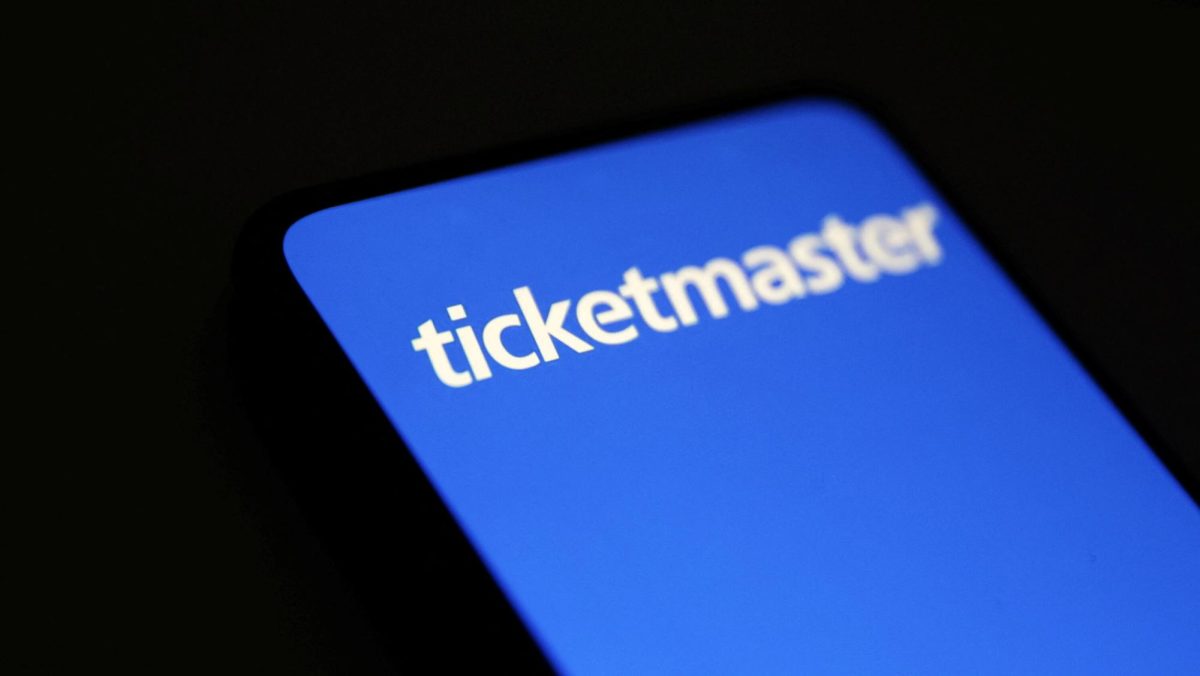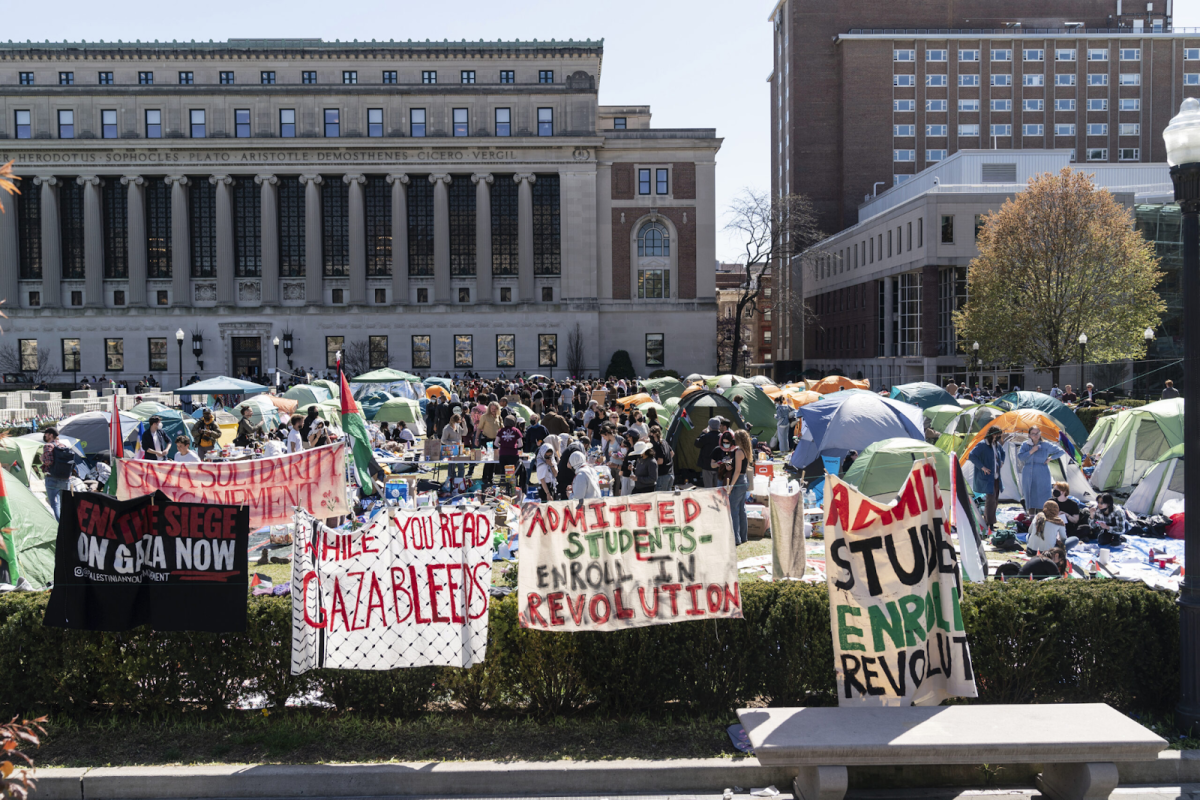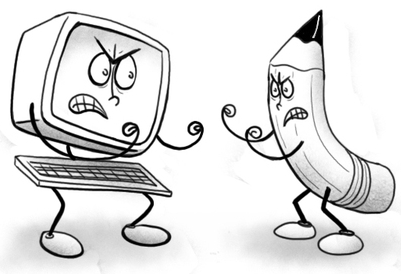The surge of concerts have blown out of proportion. After quarantine, most people wanted to get out of the house and finally hear the music they’ve been listening to from their little screen in 15 second increments. So, when artists started announcing their world tours, the demand was extremely high.
Back in the day, tickets used to be sold in person. People would wait on line for days just to get a ticket to their favorite artists’ show. However, with new technology this has slowly changed online. One major corporation known for selling tickets is Ticketmaster.
Ticketmaster partners with the artists’ teams and gives a chance for the fans to score tickets before a general sale occurs. This could either be through signing up on the artist’s mailing list, listening to the artist on Spotify, having a specific debit or credit card with a certain bank, or signing up for the Verified Fan sale. The Verified Fan randomly sends the code for the presale randomly to those who signed up. Sometimes this can be unfair to fans who signed up several times and never receive a code, while others who are not major fans also sign up through one account and receive a code.
This can also be unfair in other cases such as the Taylor Swift sale for her Eras Tour where all the tickets in the Verified Fan sale sold out completely before the general public sale even could happen. This frustrated fans who did not receive the code and could not get tickets.
Ticketmaster also has its own problems technically as well. When fans want to click on the exact ticket they want, they are met with a sign letting them know that another fan has bought that ticket even though the ticket still shows up as available. There are other times when there has been an influx of people in the queue when only a limited number of presale codes were sent out. This could freeze the queue—this happened with Taylor Swift’s ticket sale as well which froze the queue for 5 hours.
Another part of Ticketmaster which has enraged fans is the dynamic pricing. Sometimes, Ticketmaster partners with the artist to list platinum pricing. What this means is that if the demand is high for that specific concert and artist, the price of those tickets will increase—supply and demand. This leads to set prices of tickets, spiking exponentially once the queue shows up.
Many concert-goers are usually high school or college students that are working part time jobs and cannot afford these acclimated prices. Students at Bethpage High School endure this problem.
BHS Senior Gabriella Hernandez exclaims that she waited 5 hours in the queue for Taylor Swift tickets and just barely scored them: “That was the worst Ticketmaster experience ever.”
However, another BHS senior Riya Ana Eby claims that she had a much easier time getting tickets: “I got the exact tickets I wanted and it was all normal but the demand wasn’t that high.”
It seems that artists and concerts that are in high demand lead fans to have a much more difficult time getting tickets and cause Ticketmaster to malfunction. Therefore, Ticketmaster should be more prepared for these big sales to prevent outrage to occur and give an equal chance to fans who want to see their favorite artists.




















